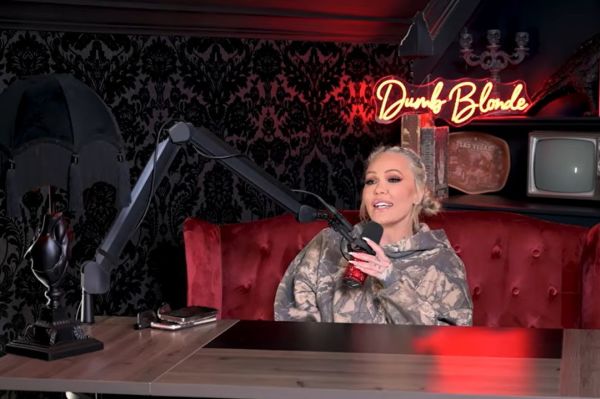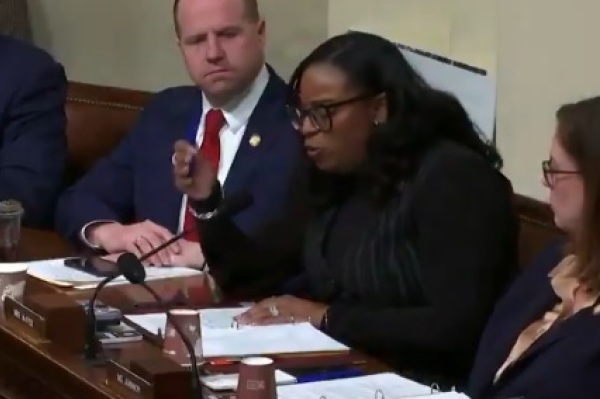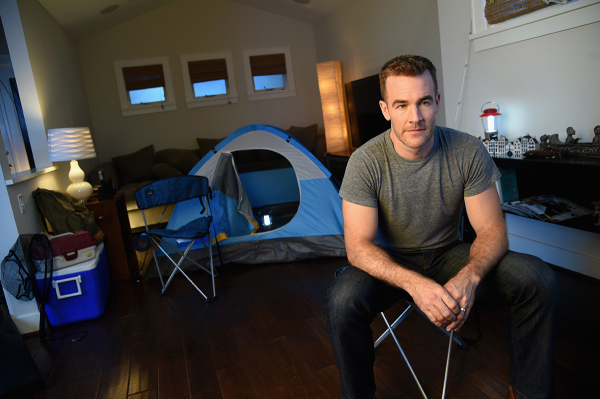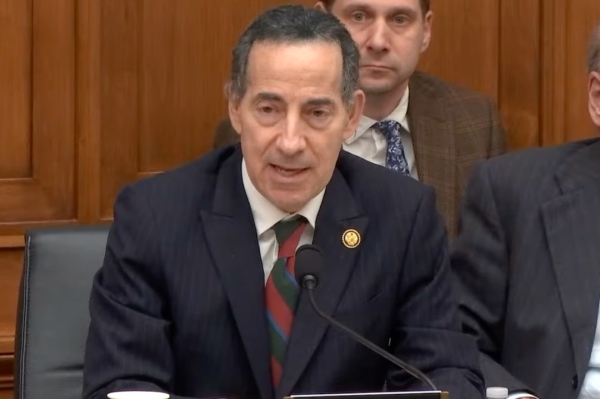Lower-income Americans, blacks and Hispanics bearing brunt of COVID-19 economic fallout: study
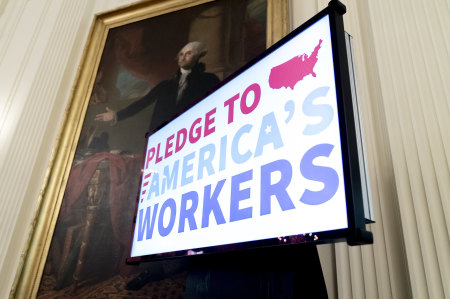
Large swaths of American adults have been struggling to pay for necessities like housing and food since the start of the new coronavirus pandemic. But the brunt of the economic fallout from the virus has been more acutely felt among adults with lower incomes, those without a college degree and black and Hispanic Americans, according to the findings of a new Pew Research Center survey.
The survey of 13,200 U.S. adults conducted from Aug. 3-16, 2020, using the Center’s American Trends Panel, found that overall, one-in-four adults have had trouble paying their bills since the start of the pandemic, a third have dipped into savings or retirement accounts to make ends meet, while approximately one-in-six have borrowed money from friends or family or received food from a food bank.
Among lower-income adults, according to the survey, an even larger share (46%) say they have had trouble paying their bills. Some 32% say it’s been hard for them to make rent or mortgage payments compared to the 20% of middle-income adults who face these struggles. The challenge among upper-income adults is substantially smaller.
When it comes to job loss, some 25% of U.S. adults reported that they or someone in their household was laid off or lost their job because of the coronavirus outbreak overall. Some 15% reported personal job loss with lower-income adults and young adults being impacted the most.
Prior to the pandemic, the Fed’s Survey of Consumer Finances showed that personal finances fueled by income gains and rising home prices had been improving for American families.
Economists are now worried that the gains from the longest economic expansion on record may have been wiped out for minority and less-educated employees who were more likely to be working in the service industry jobs impacted by the pandemic.
“Without a doubt, it will worsen,” Julia Coronado, founder of MacroPolicy Perspectives and a former Fed economist, told The New York Times. “We know that the skew of the unemployment is toward lower-income, more economically vulnerable people.”
Labor Department data shows that while the unemployment rate was 8.4% in August, it was 13% for black people. The jobless rate for those with less than a high school diploma was also more than twice that for adults with a bachelor’s degree or more.
“The economic downturn has not fallen equally on all Americans and those least able to shoulder the burden have been hardest hit,” Jerome H. Powell, the Fed chair, said at a news conference this month. “In particular, the high level of joblessness has been especially severe for lower-wage workers in the services sector, for women and for African-Americans and Hispanics.”
The new data from the Survey of Consumer Finances also highlighted dramatic gaps in income and wealth across racial groups. Black families’ median wealth stood at just $24,100 in 2019 compared to $188,200 for white households and $36,100 for Hispanic families.










